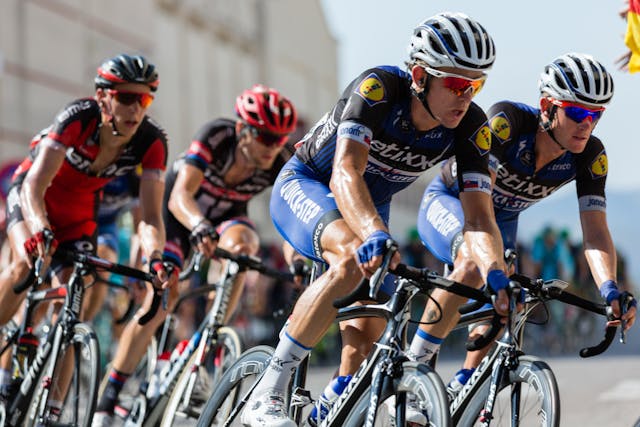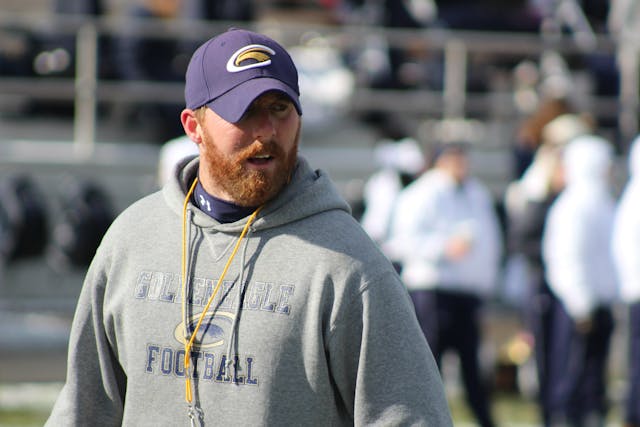The Mental Game: Building Focus and Resilience in Individual Sports
Success in individual sports isn’t just about physical skill. It also depends heavily on the mental side of the game. Athletes need strong focus and resilience to perform their best, especially when they compete alone. This article looks at how building mental strength can help athletes overcome challenges and reach their goals.

Why Focus Matters in Individual Sports
In sports like tennis, running, swimming, or gymnastics, athletes often face pressure without teammates to rely on. Focus means staying fully present during practice and competition, paying attention to every move, and blocking out distractions.
Strong focus helps athletes:
- Maintain technique and form
- Make quick decisions during competition
- Stay calm under pressure
- Avoid mistakes caused by lapses in attention
Without focus, even the most skilled athlete can struggle to perform well.
What Is Resilience and Why Is It Important?
Resilience is the ability to bounce back after setbacks like injuries, losses, or bad performances. In individual sports, athletes must cope with these challenges largely on their own. Being resilient means staying motivated and positive even when things get tough.
Resilience helps athletes:
- Keep training despite difficulties
- Learn from mistakes instead of getting discouraged
- Stay committed to long-term goals
- Handle pressure and stress more effectively
Techniques to Build Focus and Resilience
1. Mindfulness and Meditation
Practicing mindfulness helps athletes stay in the moment. Meditation can train the mind to notice distractions and gently bring attention back to the task.
2. Goal Setting
Setting clear, achievable goals gives athletes something to focus on. Breaking big goals into smaller steps makes progress feel manageable.
3. Positive Self-Talk
Replacing negative thoughts with encouraging words boosts confidence. Reminding yourself of past successes can build belief in your abilities.
4. Visualization
Imagining successful performances helps prepare the mind. Visualization strengthens focus and reduces anxiety by rehearsing challenges ahead of time.
5. Routine and Preparation
Having a consistent warm-up and pre-game routine builds mental readiness. Familiar habits can reduce nerves and sharpen focus.
The Role of Coaches and Support Systems
Coaches, family, and friends play a big part in helping athletes build mental strength. Encouragement, constructive feedback, and emotional support make it easier to stay resilient. Coaches can also teach mental training techniques alongside physical practice.

Final Thoughts
In individual sports, mental toughness is just as important as physical ability. Building focus and resilience helps athletes handle pressure, overcome setbacks, and perform at their best. With practice and support, anyone can develop a strong mental game and achieve their goals.
Remember, the mind is a powerful tool—train it well, and it will carry you far.












